Published
- 02:00 am
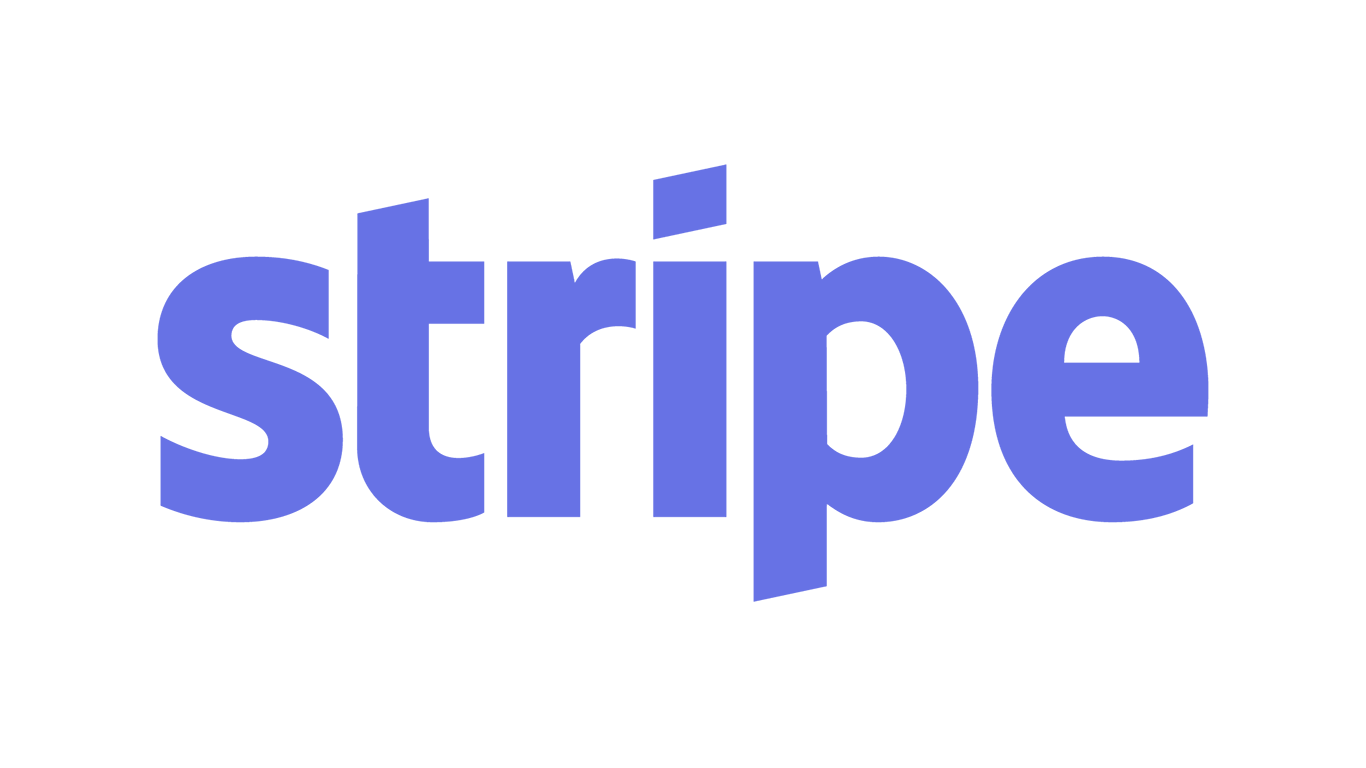
Stripe, a financial infrastructure platform for businesses, has today expanded its in-person payment options by enabling businesses in the UK to accept Tap to Pay on iPhone.
From farmers selling at markets, to plumbers doing home repairs, and beauticians in salons, businesses on Stripe can now seamlessly and securely accept in-person payments with Apple’s Tap to Pay on iPhone technology—no additional hardware or payment terminal needed.
“Tap to Pay on iPhone means millions of UK businesses can now accept contactless payments with a device that many of us already have in our back pockets”, said Ruhi Dang, EMEA product manager at Stripe. “For a small business, this easy-to-deploy technology means they can accept contactless payments from more customers in more places, and scale quickly.”
Start with an iPhone and Stripe Terminal
Tap to Pay on iPhone provides more flexibility for UK businesses to accept all types of in-person contactless payments using only an iPhone and the Stripe Terminal SDK.
At checkout, the merchant will simply prompt the customer to hold their contactless credit or debit card, iPhone or Apple Watch, or other digital wallet near the merchant’s iPhone, and the payment will be securely completed using NFC technology. Tap to Pay on iPhone also supports PIN entry, which includes accessibility options.
Apple’s Tap to Pay on iPhone technology uses the built-in features of iPhone to keep the business and customer data private and secure. When a payment is processed, Apple doesn’t store card numbers on the device or on Apple servers.
Flexible payments to grow your revenue
The UK’s largest digital bank, Monzo, is partnering with Stripe to allow its hundreds of thousands of business banking customers to accept contactless payments on their iPhone, wherever they are.
“Getting paid is a pain point for so many businesses and we hear from our customers just how important it is to make this process easy and quick,” said Jordan Shwide, head of business banking at Monzo. “That's why we’re offering Tap to Pay on iPhone, to make accepting payments on the move simpler and to make sure our business customers can focus more on doing what they love.”
Payment platform Lopay offers Tap to Pay on iPhone capabilities to its business customers, who range from electricians to pet groomers. By using Stripe’s financial infrastructure to accept payments, issue cards, and manage payouts, Lopay ensures its customers get their earnings instantly.
“It takes a few minutes for a small business owner to start accepting payments on their iPhone, and those who also have a Lopay card can access their earnings instantly,” commented Ollie Mahoney, co-founder and CTO of Lopay. “A taxi driver can collect a fare on their iPhone, drive to the nearest petrol station, and use that money to fill up the tank. Getting set up and having quick access to funds makes a real difference to the cash flow of a small business.”
This technology is also transforming the charitable sector. UK-based social fundraising platform givestar uses Stripe to offer Tap to Pay on iPhone to hundreds of thousands of fundraisers across the UK, from the teams at Save the Children and the Red Cross, to corporate charity, and individual fundraisers.
“The impact Tap to Pay on iPhone is having on charitable fundraising through givestar is huge and is greatly needed given the decline of cash,” explained givestar co-founder Alex Coleridge. “Being able to collect a donation on your iPhone makes it far easier to raise money, whether that be at the pub, the office or even a marathon start-line. This technology is already opening up fundraising to a younger audience and that’s critical for the future of the charity sector.”
A new way to enable unified commerce
Stripe customers can now use Tap to Pay on iPhone to implement a unified commerce solution that does not rely on stationary hardware. With unified commerce, systems and data are consolidated into a single platform, enabling businesses to unify their reporting, understand customer behaviour better, personalise experiences and recommendations, and reward loyalty.
“Larger businesses have been using Stripe to create cohesive customer experiences across their different sales channels for years. Tap to Pay on iPhone offers a new way to build an efficient and cost-effective unified commerce model,” added Ruhi Dang, EMEA product manager at Stripe.
Related News
- 06:00 am
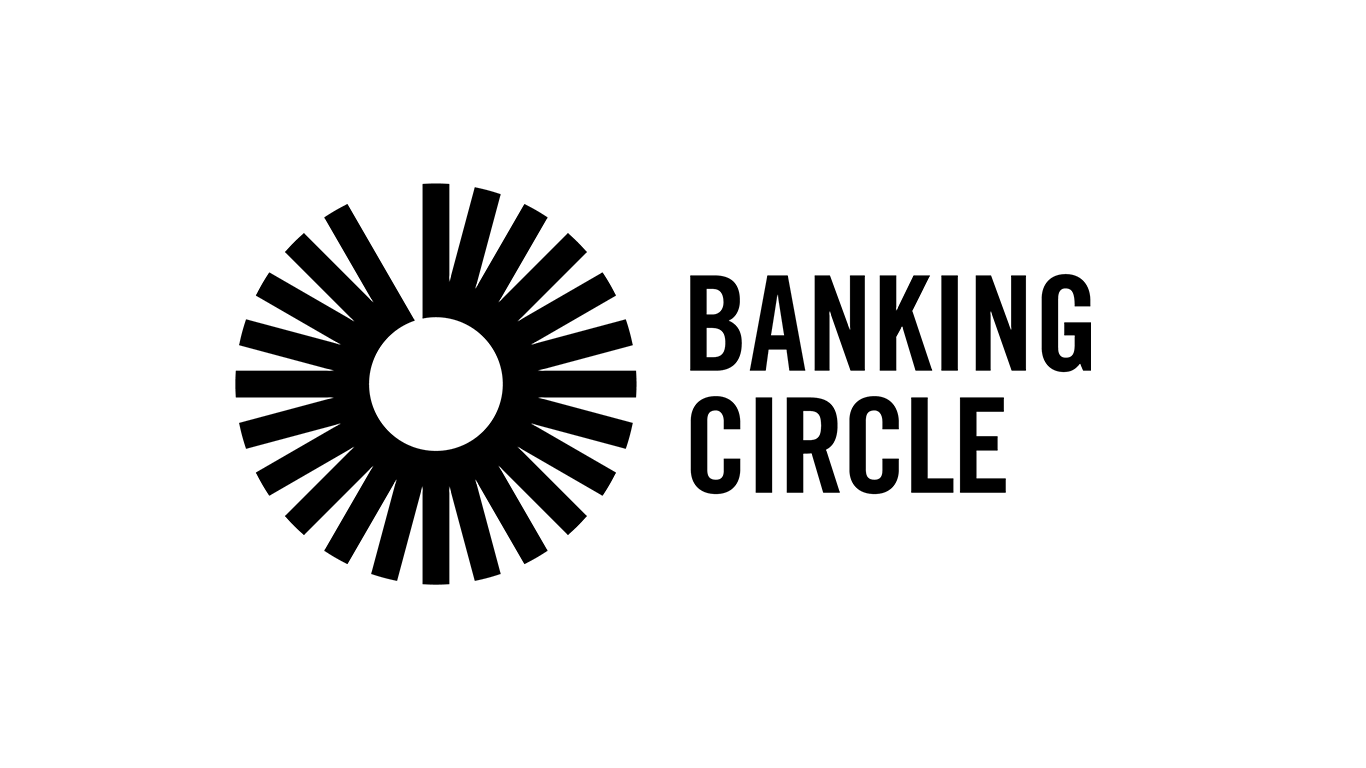
Banking Circle’s latest enhancement to its Agency Banking solution provides Financial Institutions (FI’s) and Payment Service Providers (PSP’s) with a faster and cheaper access point to local payment schemes to expand into further markets. The solution delivers indirect access to EURO local clearing via SEPA Credit Transfer (SCT), SEPA Instant Credit Transfer (SCT Inst) and GBP via Faster Payments Service (FPS). FI’s and PSP’s can access local payment schemes without the development and administrative costs linked to direct participation with the clearing houses (ACH) or integration with multiple banks.
“The key with our efficient and convenient Agency Banking solution is to give clients faster ‘go to market’ accessibility,” explained Michael Boel, Head of Clearing and Product Execution at Banking Circle. “Utilising our local clearing and settlement connections, we are providing our clients with indirect access to SEPA SCT, SEPA Instant and FPS. There’s no need to connect directly to a clearing house or hold a central bank settlement account. Banking Circle has done the ‘heavy lifting’ of connecting with the clearing houses and establishing central bank accounts, reducing costs and integration complexities for our clients.”
Through Banking Circle’s Agency Banking solution, indirect participants can issue accounts, using their own Bank Identifier Codes (BICs) and International Bank Account Numbers (IBANs) to send and receive payments. The account/IBAN will be in the localised country format, which the FI or PSP is regulated, including their own branch code, which is obtained from their regulator or in the case of the UK issued by a Pay.UK member, such as Banking Circle.
Using their own BIC and IBANs for payments presents the FI or PSP as the ordering party and their customer as the sender. This provides full payment transparency while keeping the client in control of their end-customer relationships. Access to Banking Circle’s Agency Banking solution is provided through a single integration via API or SWIFT for all payment and collections needs. To be eligible, FI’s and PSP’s, will need to be regulated in the SEPA zone or UK to become indirect participants.
In a press release published on the 7th February 2024, by the European Parliament, a regulation was passed mandating instant payment options to send and receive payments for consumers and businesses in the SEPA zone. Banking Circle’s Agency Banking solution aligns with this regulation, by enabling FI’s and PSP’s, ‘speed to market’ to instant payment schemes and closing the accessibility gap to become indirect participants in EURO and GBP payment schemes.
“Our Agency Banking solution is further evidence of Banking Circle’s commitment to improve payments for the global banking economy”, continued Michael. “Becoming a direct participant of Faster Payments ourselves in 2022 was an essential step to enable us to offer real-time payments across a growing number of currencies. Incorporating this into our Agency Banking solution means we are helping clients to remove another barrier to cost-effective and timely payments.”
“Alongside our existing industry-leading cross-border payment capabilities, our Agency Banking solution makes Banking Circle a vital partner for expanding FI’s and PSP’s in the increasingly globalisation of payment requirements.”
Related News
- 03:00 am

The 20th anniversary edition of the Capgemini Research Institute’s World Retail Banking Report, published today, reveals 80% of retail bank executives believe that generative AI represents a significant leap in advancing AI technology. However, only 6% of retail banks are ready with a roadmap for enterprise-wide AI-driven transformation at scale.
As a result of macroeconomic uncertainty, many retail banks are being forced to make strategic decisions to navigate challenges to their existing business models. Productivity and efficiency dominated the priority list of the bank leaders surveyed. When it comes to technology, 70% of bank CXOs plan to increase investment in digital transformation by up to 10% in 2024. Yet, the report finds that banks are not ready to embrace and scale intelligent transformation, which involves the strategic application of advanced technologies like AI, machine learning and gen AI to drive innovation and efficiencies.
Banks must act quickly to avoid “generative AI silent failure”
For this report, Capgemini evaluated 250 retail banks across diverse business and technology parameters to understand their infrastructure data maturity and commitment to artificial intelligence. It found most banks are ill-prepared to thrive in an intelligent banking future. Globally, only 4% of retail banks achieved a high score on business commitment and technology capabilities, while 41% scored average, indicating a widespread lack of readiness to embrace and effectively implement intelligent transformation. Regional disparities further underscore this issue. In North America, 27% of banks displayed low readiness, followed by Europe with 31%, and Asia-Pacific (APAC) exhibiting a significant lag, with 48% of banks scoring low.
Focusing on intelligent solutions, that are embedded with AI-driven capabilities, will allow banks to navigate ongoing structural challenges, ultimately ensuring sustainable growth. However, success must be measurable: among those surveyed, just 6% of banks have established key performance indicators (KPIs) to measure AI impact and continuous monitoring. More than 60% of banks are still identifying and developing KPIs, while 26% of banks that have already setup some KPIs are not measuring them.
According to the report banks risk succumbing to “generative AI silent failure” due to the delayed realization of suboptimal results and outcomes from their experiments with the technology. For instance, just 2% of executives indicate they are regularly tracking the business impact KPIs of their generative AI performance. In addition, 39% of executives express dissatisfaction with the outcomes of their AI use cases further reinforcing this disconnect. To combat this, the study suggests banks set up an AI observatory to track, monitor, and report AI and generative AI real impact, when implemented at scale.
“One year after generative AI cemented itself as a core boardroom conversation, we’re seeing how banks risk becoming technological laggards if they aren’t rapidly adopting solutions and preparing to take advantage of its capabilities,” said Nilesh Vaidya, Global Industry Head of Retail Banking and Wealth Management at Capgemini. “Generative AI can have a lighthouse effect when used responsibly and wisely across operations. There is also a need for increased efforts on making gen AI explainable and appropriately transparent. The time to act is now to establish practices that build much-needed trust and customer intimacy. Success will come down to developing a roadmap that balances hype with a pragmatic, traceable and measurable approach.”
Bank employees welcome generative AI copilots
Generative AI holds massive potential to elevate efficiency and customer experience across the retail banking value chain. Over two-in-three (70%) bank employees are focused on operational activities, rising to 91% for those employees on customer onboarding teams, leaving little time for customer interactions. Over 80% of bank employees give a “moderate” rating to the effectiveness of automation across their functions (onboarding, lending, marketing, contact center), identifying a significant gap between the bank’s aspirations and reality.
Bank employees reported to be most enthusiastic about generative AI copilots’ potential to automate fraud detection, data visualization and analytics, as well as drafting and sending personalized content to customers. The report determines that banks could optimize up to 66% of the time spent on operations, documentation, compliance, and other onboarding-related activities through AI-powered intelligent transformation and generative AI copilots.
Conversational AI could alleviate customer call abandonment
The pandemic shifted customer service offers across to digital channels as self-service tools like chatbots became the norm. Despite this change, customers express dissatisfaction. Nearly two-in-three (61%) bank customers contacted agents because they were unhappy with chatbot resolutions, while 17% simply distrusted chatbots and preferred human agents.
Traditional rule-based chatbots lack the flexibility and adaptability of advanced AI-driven systems due to their inability to handle complex or unanticipated queries. More than 60% of customers rated their experience with chatbots as only average. These conditions mean that call abandonment is on the rise, reaching 12% for Tier I banks and nearly 18% for Tier II banks globally. According to the report, banks should create intelligent contact centers that leverage chatbots with conversational AI capabilities and intelligent copilots to assist agents in their day-to-day tasks.
Report Methodology
The World Retail Banking Report 2024 cites regional statistics in Capgemini's proprietary market-sizing model, as well as interviews with Capgemini’s partners including Microsoft, Salesforce and Temenos. For this report, the Capgemini Research Institute surveyed more than 250 retail banking executives, 1,500 banking employees and 4,500 banking customers. The report focused on 14 markets – the United States, Canada, the UK, France, Germany, Spain, the Netherlands, the United Arab Emirates, Singapore, Hong Kong, Japan, China, India, and Australia.
Related News
- 01:00 am
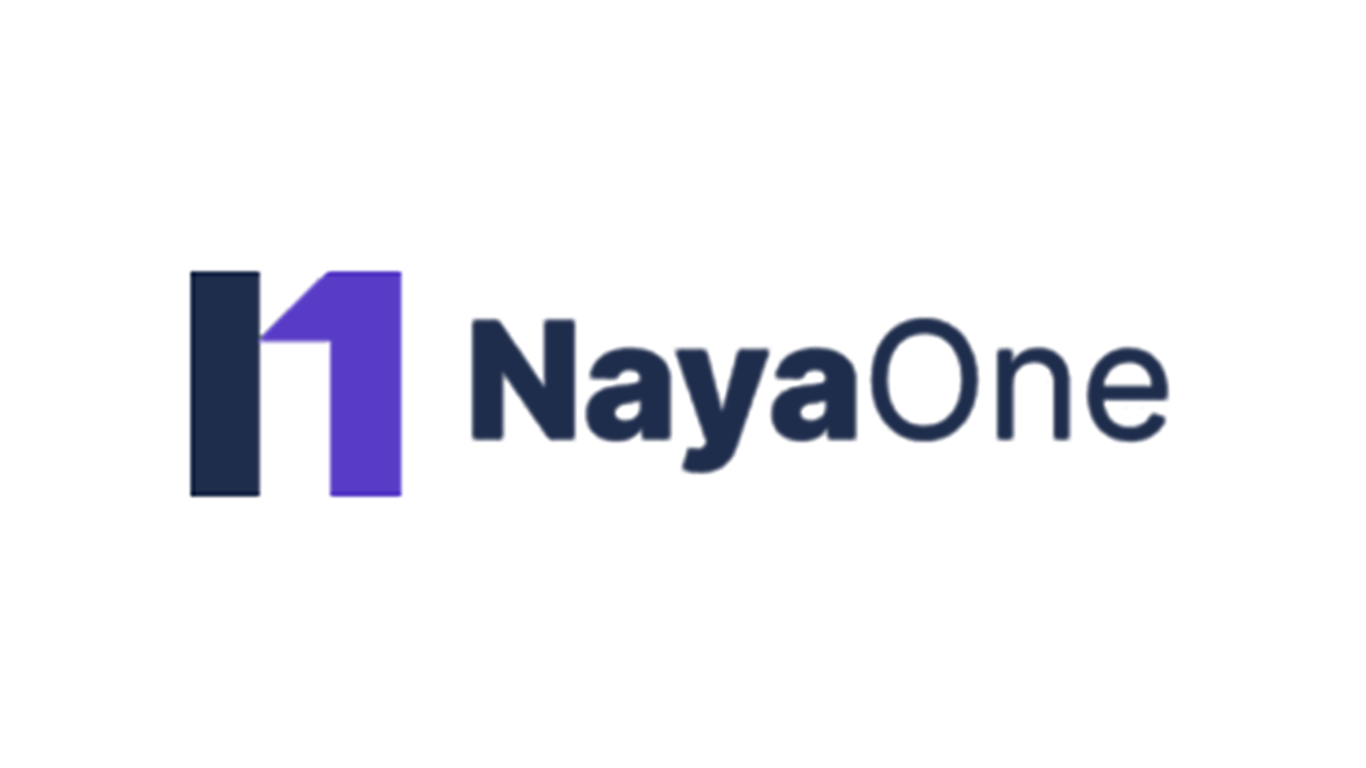
Kodex AI has joined the NayaOne Tech Marketplace. With a proprietary LLM developed for the financial industry, the enterprise-built generative AI platform helps financial institutions reclaim valuable time, simplify processes, and elevate client interactions.
Financial institutions go to great lengths to recruit the world’s top talent. Yet, many of these highly intelligent financial professionals are slowed down by routine operational tasks. In fact, research shows as much as 75% of a finance professional’s time is spent on manual tasks.
Kodex AI aims to minimise this time. It takes care of the busy work and enables client-facing financial professionals to complete analyses in minutes rather than days. With it, they can find information, analyse data and/or draft reports instantly to free up time for higher-value pursuits: prioritise client connections.
The key benefits and features that Kodex AI’s clients can enjoy are:
Delivering Client Responses Faster: Kodex AI finds and analyses thousands of documents to generate responses to complex financial questions.
Staying Compliant and Preventing Conflicts: Kodex AI helps FIs remain up to date with the ever-changing regulatory requirements while maintaining ethical decision-making without having to sift through various documents.
Reducing and Automating Manual Work: With Kodex AI, users can redirect focus towards more impactful work such as portfolio growth, client retention, and new client wins while Kodex AI takes care of rote tedious tasks.
Creating Compliant Reports in Minutes: Kodex AI automates data gathering and compliance checks, ensuring that suitability reports meet regulatory standards. This modern approach not only enhances efficiency but also guarantees accuracy and precision.
Personalised Investment Recommendations: Kodex AI utilises machine learning to analyse extensive financial data and provide personalised investment recommendations aligned with clients’ unique objectives and preferences.
Boosting Efficiency to Increase Profitability: With Kodex AI, banks and financial institutions can easily attract and onboard new clients. Automated processes for DDQs and KYC checks simplify client acquisition, freeing up valuable time to cultivate relationships and deliver bespoke services, ensuring client retention and long-term profitability.
Kodex AI Helps a Global German Bank Achieve Significant Time Savings on Back-Office Tasks with Higher Service Quality
Kodex AI partnered with one of Germany’s largest banks to achieve:
- 90% time savings for report drafts
- 25% faster client replies
- 40% higher quality output for clients
The collaboration between Kodex AI and NayaOne will further foster innovation in the financial sector and advance financial technologies. By being listed on the NayaOne Tech Marketplace, Kodex AI will be able to strategically position their generative AI technologies to be more accessible to a wide array of financial institutions.
Kodex AI is working closely with NayaOne to ensure that their AI solutions can be customised to meet the specific needs of NayaOne’s diverse client base. This bespoke approach ensures that every financial institution, regardless of size or scope, can leverage AI to its fullest potential, enhancing accuracy, efficiency, and customer satisfaction. In addition, FIs will be able to leverage NayaOne’s Sandbox-as-a- Service platform to build proofs-of-concept, thus determining whether Kodex AI is a good choice for their organisation.
By collaborating with NayaOne, Kodex AI expects to significantly expand its market reach. NayaOne’s established presence and credibility in the financial sector provides it with a unique opportunity to showcase its AI solutions to a global audience. This expansion is not just geographical but also sectoral, allowing Kodex AI to penetrate deeper into niche markets within the finance industry.
"We are thrilled to announce our partnership with NayaOne, a move that represents a significant milestone for Kodex AI. By having our generative AI products featured on NayaOne’s marketplace, we are not only expanding our reach but also providing banks and financial institutions with unparalleled access to cutting-edge AI solutions. This collaboration is a testament to our commitment to innovation and our belief in the transformative power of AI in the financial sector. We are excited to see how our products will empower organisations to drive efficiency, enhance customer experiences, and navigate the complexities of today’s financial landscape. Together with NayaOne, we are setting a new standard for AI in finance."
Thomas Kaiser
CEO and Co-Founder, Kodex AI
"We’re excited to welcome Kodex AI to the NayaOne Tech Marketplace. Kodex AI promises to help banks harness the transformative power of Generative AI, saving costs and resources, improving user experience and satisfaction, and streamlining internal operations, while remaining compliant in a highly regulated industry."
Varun Resh
Marketplace Manager, NayaOne
Related News
- 02:00 am
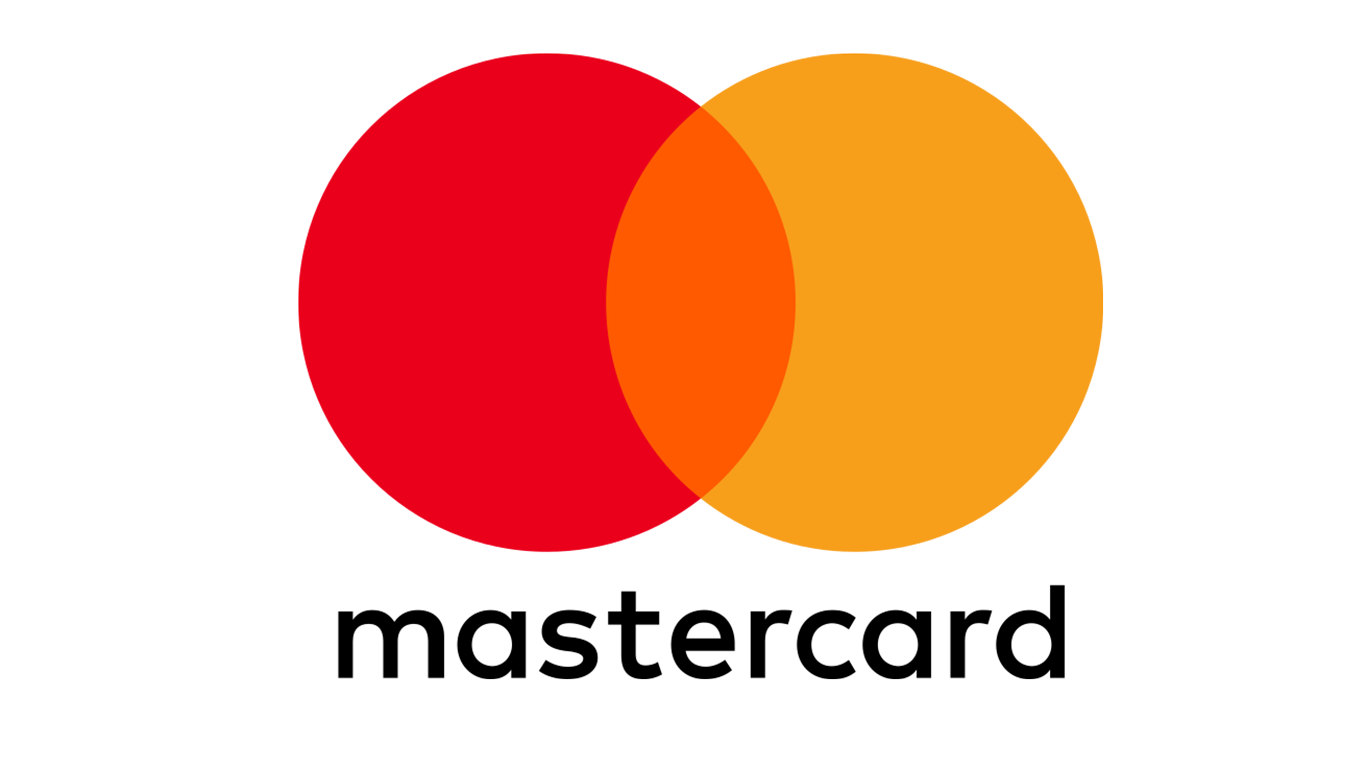
Mastercard has announced a partnership with ALEXBANK, a bank of the Intesa Sanpaolo group. This collaboration builds on both entities’ shared vision to foster growth, accelerate digitization, and promoting financial inclusion. The partnership leverages Mastercard’s technologies to advance the bank’s payment solutions strategy and enhance the financial services landscape.
With a specific focus on growing ALEXBANK’s exclusive credit card base and acquiring business, Mastercard’s support will enable the bank to grow across various segments. Additionally, Mastercard and ALEXBANK will modernize cardholders’ payment experience by extending new digital offerings across the range of products, with a primary focus on rolling out personalized payment benefits based on the cardholders’ spending behavior.
Additionally, through this partnership, ALEXBANK will leverage Mastercard’s advanced fraud detection tools and cybersecurity solutions, reinforcing payment safety to the bank’s clients. This strategic alliance underscores ALEXBANK and Mastercard’s shared commitment to consumer safety, secure payments, and inclusive growth initiatives.
“We are delighted to strengthen our alliance with Mastercard to empower our client-base in Egypt. Through our continued partnership, we aim to enable our users to experience the full benefits of innovative payment solutions through Mastercard’s multi-rail expertise and expanding suite of programs and services,” said Mr. Tarek Salah, ALEXBANK’s Head of Retail and SME.
“Our longstanding relationship with ALEXBANK in Egypt drives our collective ambition to advance the digital transformation of financial services in Egypt, providing greater access to tools that benefit all stakeholders. By strengthening our partnership, we are poised to deliver innovative payment technologies and digital products, in alignment with the Central Bank’s Financial Inclusion strategy,” said Ms. Inji Borai, Vice President and Country Manager, Egypt, Mastercard.
Related News
- 03:00 am

Uqudo, the leading digital identity company in the MEA region, has entered into a groundbreaking collaboration with Tamara, a prominent fintech platform in Saudi Arabia and the GCC region. This strategic partnership represents a significant milestone in the financial landscape of the GCC, poised to elevate digital transactions within the BNPL sector.
Tamara, headquartered in KSA and boasting over millions of users and thousands of partner merchants across the GCC, has been instrumental in reshaping the region’s shopping, payments, and banking sectors. Pioneering the BNPL landscape, Tamara was one of the first companies to secure a permit from the Saudi Central Bank for BNPL services and holds the distinction of being the Kingdom’s first homegrown fintech unicorn.
In response to the rapid digital growth in the region, the demand for robust identity verification has surged. Uqudo, renowned for its cutting-edge technology and innovative identity platform, will integrate its solutions into Tamara’s BNPL platform. This collaboration aims to streamline the user onboarding process, fortify fraud prevention measures, and ensure a secure experience for Tamara’s expanding customer base.
Tamara views this partnership as a strategic move to reinforce its position as the leading BNPL provider in the region. Leveraging Uqudo’s state-of-the-art technology, Tamara will enhance the overall security of its platform, providing customers with seamless BNPL transactions without compromising privacy and security.
Abdulmajeed Alsukhan, Tamara’s CEO and co-founder, emphasizes, “At Tamara, our commitment to being customer-centric is unwavering. Ensuring the security and trustworthiness of our platform is not just a priority; it’s a fundamental part of our mission to empower users. Uqudo, with its user-friendly interface, efficient processes, and responsive team, aligns seamlessly with our dedication to delivering fast, easy, and cost-effective customer authentication experiences. This collaboration fortifies our focus on putting our users first and upholding the highest standards of privacy and security.”
Benjamin Haas, CCO of Uqudo, expresses excitement about the partnership, stating, “We are excited to partner with Tamara to elevate digital identity verification in the BNPL sector. Our proprietary technology will provide Tamara’s users with a seamless experience, setting a new standard for trust in digital transactions.”This partnership is poised to revolutionize the BNPL industry, setting new standards for user experience, security, and innovation.
Related News
- 08:00 am
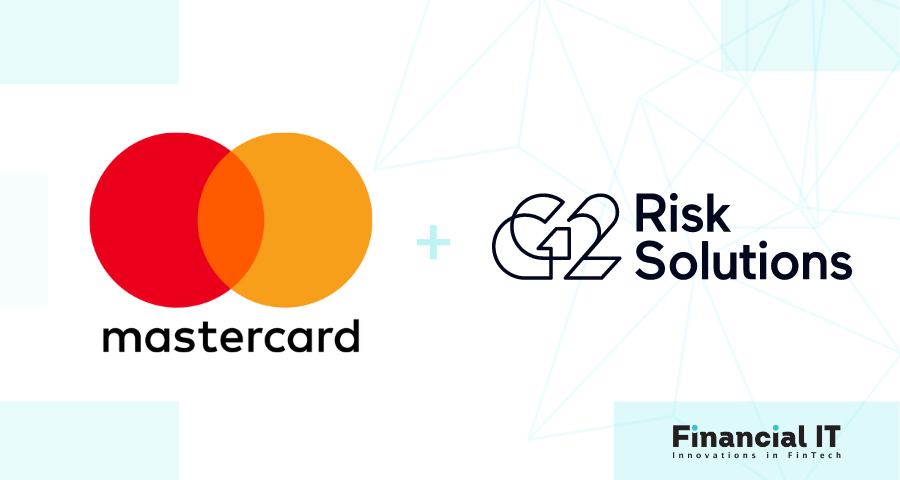
G2 Risk Solutions (G2RS), the leading provider of merchant risk intelligence for the global payments industry, is partnering with Mastercard to provide merchant acquirers with a more streamlined experience to help them reduce transaction fraud.
Transaction laundering (TL) is a type of fraud in which a registered merchant account is used to process sales of illegal goods and services. These accounts are being used fraudulently by bad actors whose activity puts legitimate payment providers at significant financial and reputational risk.
This collaboration adds Mastercard’s powerful Brighterion Artificial Intelligence (AI) technology to G2RS’ end-to-end transaction laundering detection solution to address evolving risk associated with increased criminal activity.
G2RS will offer a leading merchant risk solution backed by:
- Mastercard Brighterion AI models, offering transaction-level fraud screening and merchant risk scores
- The G2RS Merchant Map®
The unrivaled G2RS Merchant Map includes 20 years of unique merchant data, including billions of data points validated by expert analysts. It provides the industry’s best-in-class known-launderer database, protecting clients throughout the entire merchant lifecycle.
In combination with Mastercard’s AI-driven fraud scores, the G2RS merchant risk solution suite introduces the marketplace’s first comprehensive view of merchant activity for enhanced transaction laundering detection. At the same time the solution will simplify payments providers’ workflows.
Rohit Chauhan, EVP, Mastercard Cyber and Intelligence, said: “At Mastercard we’re providing world-leading AI capabilities offering a streamlined experience that protects customers from fraud. Through this partnership with G2RS, acquirers will benefit from additional intelligence to help them reduce transaction fraud. It is yet another step in our journey to secure the payments ecosystem and instill trust in every interaction. ”
Rochelle Blease, President, G2 Risk Solutions, said: “Payments risk evolves rapidly, and it demands bolder moves to counter bad actors. By aligning the industry’s data insights, we are equipping the payments industry with much stronger and more comprehensive defenses to identify merchant health signals and protect the integrity of the payments ecosystem.”
Related News
- 09:00 am
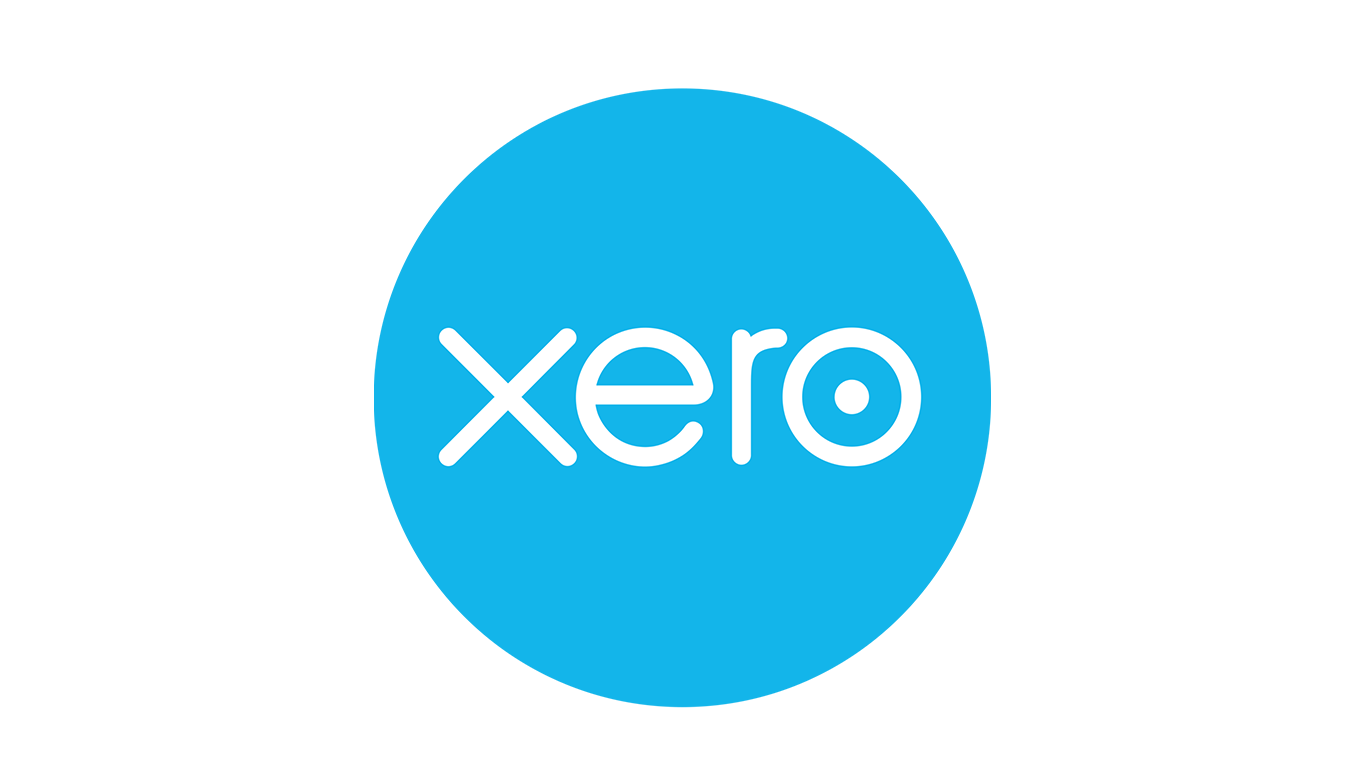
Small firms continue to face a challenging macroeconomic environment, as sales growth in the December festive period hit a three-year low, according to the latest Xero Small Business Insights (XSBI) data from global small business platform Xero - which covers the three months to December 2023.
The current trading conditions are being added to by the growing cost of late payments for small businesses. According to new separate findings, this cost hit an estimated £1.6bn in 2023*, more than double the cost observed in 2021.
Stagnant sales cap off difficult 2023
Xero’s data revealed that small business sales revenue fell 1% year-on-year (y/y) in December - the first month of negative y/y growth since February 2021 - at a time when small businesses usually expect bumper sales. Across the final quarter of the year, sales grew just 1.6% y/y compared to a 9.7% increase in 2022, showing how weak festive trading was.
The weakest results were seen in the retail sector, where sales fell 1.7% y/y in November and 5.3% y/y in December (-2.2% y/y for the full quarter), when small retailers usually expect buoyant figures. This is the first period of consecutive monthly declines in retail spending since April and May 2020.
Scottish small business had a more encouraging sales result, bucking the national trend with a 4.1% y/y growth in the December quarter - the fourth consecutive quarter it has led the gains. In contrast, London-based firms saw the smallest sales increase over the last quarter (0.9% y/y), despite typically being a strong performing region.
Late payments remain a headache
The latest quarterly data shows small firms were paid, on average, 6.1 days late during the last three months of 2023. This figure shows no signs of improving, with the average payment still received over a working week beyond the agreed terms.
Separate analysis from Xero revealed the cost of late payments to UK small businesses rose to an estimated £1.6 billion in 2023. This figure, which is more than double the 2021 estimate, reflects the cost to the small business of not having access to the unpaid invoice funds and is in addition to what they are owed. The increase is largely due to rising interest rates and an increase in late payment times for those using small business suppliers.
Alex von Schirmeister, Managing Director UK & Emerging Markets, Xero, said: “Negative sales growth over the vital holiday period, as the UK officially falls into a recession, shows how difficult the situation is for small business, especially those in retail.
“The cost of late payments to small businesses has risen to an estimated £1.6 billion. That’s on top of what they are owed for their products and services. Let’s put an end to this unacceptable practice, which is drowning small firms, and call late payments what they are: ‘unapproved debt.’ That means holding big businesses accountable, so their smaller suppliers receive the money they are owed, on time.”
Small business wages growth slows
Wages paid by small businesses grew 3.2% y/y in the final quarter of the year, although only 2.6% y/y in the month of December, peaking in the hospitality sector (3.9% y/y). It is difficult for business owners to compete for talent against larger competitors, while keeping costs under control and remaining profitable. Wages (excluding bonuses) for all UK businesses rose 6.2% y/y in the same period, highlighting the challenges small firms currently face with hiring and growing.
When looking at jobs, small businesses continue to employ more people than a year ago - but growth is well below the pre-Covid average of 3.0% y/y.
Xero’s Small Business Index, part of XSBI, fell 13 points to 78 points in December. You can read the latest quarterly results here. To find out more about how the Index is constructed, see the methodology.
To coincide with this new data, Xero launched its Small Business Manifesto calling for greater support for small firms in key areas. This was launched today at a House of Commons event to celebrate small businesses and the community around them.
Related News
- 04:00 am
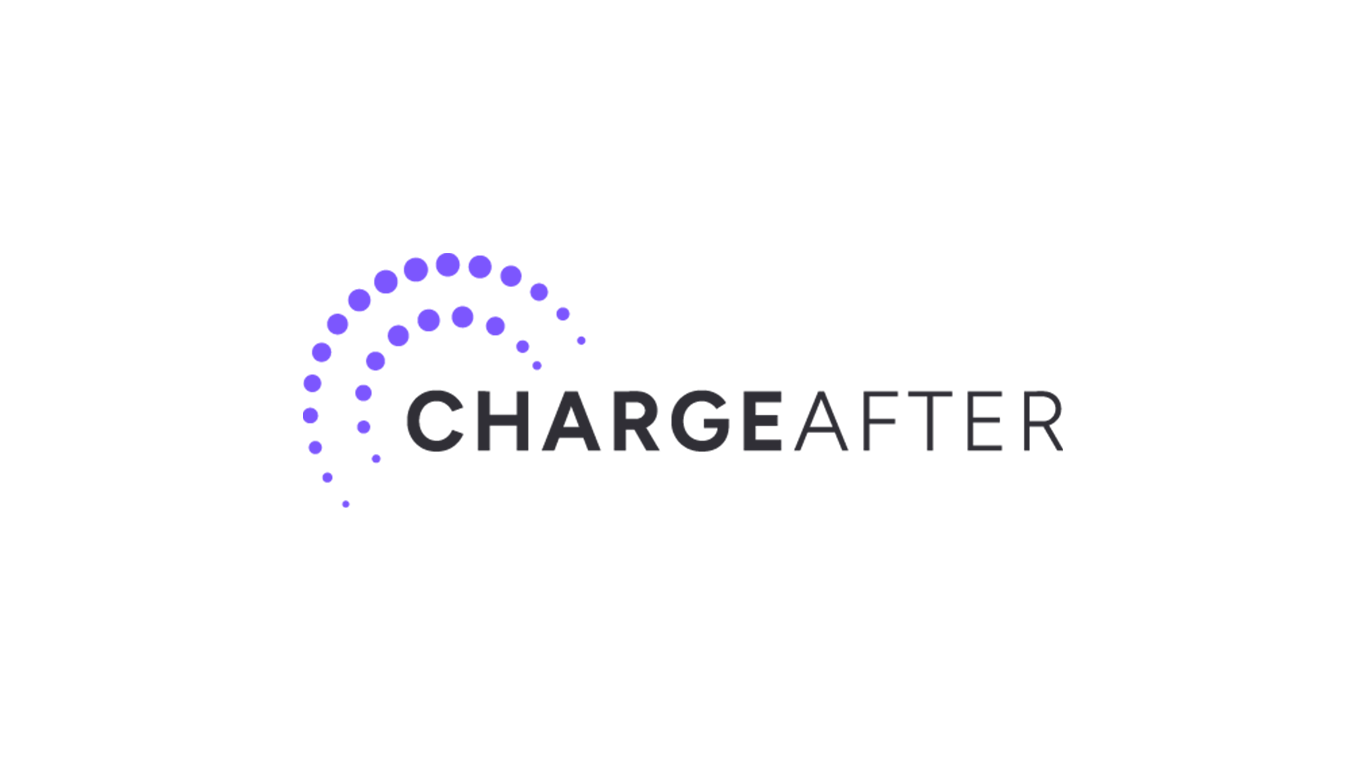
ChargeAfter, the embedded lending platform for point-of-sale financing, has unveiled The Lending Hub, a platform that transforms how banks deliver lending solutions for merchants and their customers at scale. Designed to empower banks and financial institutions to streamline the development, management, and distribution of multiple lending products, The Lending Hub is a first-of-its-kind omni-commerce solution.
A white-label platform, trusted by leading banks, The Lending Hub offers a suite of comprehensive tools and seamless integration that set a new standard in the market. Enabling banks to expand beyond their traditional lending models, it allows them to efficiently deliver lending services on a large scale, and focus on market penetration and adoption while maintaining the highest levels of security.
“With ChargeAfter’s The Lending Hub, we are not just introducing a product, but establishing a new standard in financial technology,” said Jeffrey Tower, EVP of Global Business Development and Strategy. “Banks are seeking to expand beyond their traditional models and integrate their lending products directly into merchants’ points of sale. Our platform promises to transform the way they and their customers experience lending, offering a suite of comprehensive tools and seamless integration that stand unmatched in the market. For banks looking to redefine their lending experience and foster a future of financial innovation, ChargeAfter opens doors to possibilities once deemed beyond reach.”
The ChargeAfter Lending Hub for banks is a comprehensive platform designed to allow financial institutions to streamline the development, management, and distribution of lending products. It equips banks and lending institutions with the tools to efficiently deliver lending services to merchants and shoppers at scale. This flexibility allows banks to rapidly deploy and manage diverse lending assets while maintaining a strong focus on their core business activities. Features of The Lending Hub include:
- Merchant enablement layer: rapid merchant onboarding, seamless integration, and omni-commerce checkout processes.
- Merchant self-service: full merchant management suite, BI analytics, and robust reporting.
- Bank oversight and merchant management: full lending program management, merchant oversight, chargeback management, and reporting suites for bank partners.
- Any lending product from The Lending Hub: including short- and long-term installments, revolving credit, buy-now-pay-later, private label credit cards, personal loans, project loans, and more.
“ChargeAfter is well-positioned to meet the needs of banks which are increasingly seeking a trusted and experienced technology partner to help them expand beyond their traditional lending models,” continued Jeffrey Tower. “As the leader in the market, banks continue to select The Lending Hub to power their consumer lending services as it delivers the capabilities they need while maintaining their core competency of being the bank.”
Related News
- 06:00 am
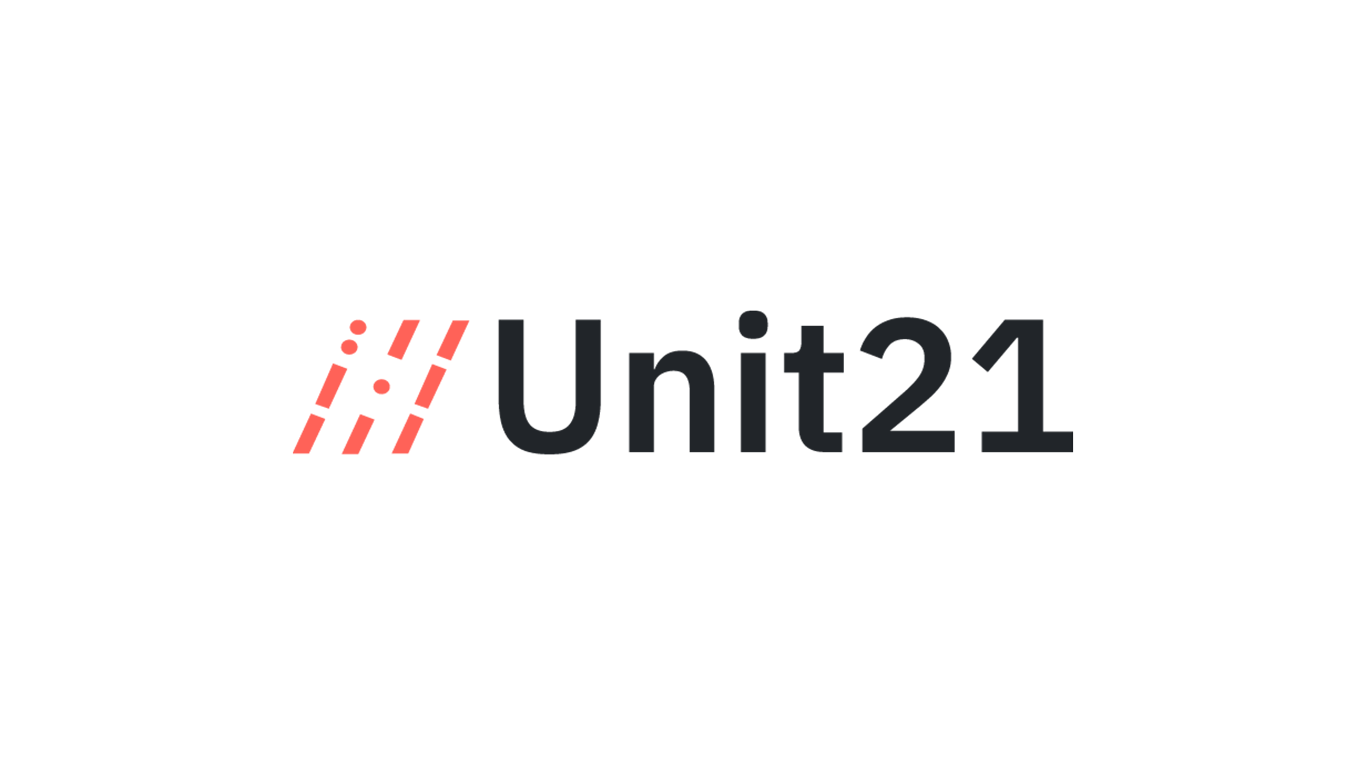
Unit21, a leading provider in Fraud and AML solutions, today unveiled its new AI-powered features at Fintech Meetup. The innovative Ask Your Data and AI Copilot tools are designed to significantly enhance the decision-making capabilities and operational efficiency of fraud analysts, compliance officers, and risk managers.
Ask Your Data is the market-first AI-driven data analysis tool purpose built for the financial crime sector. With its conversational interface, users can query their data in plain English, making complex data analysis accessible and actionable. From identifying transaction patterns to predictive analytics, Ask Your Data facilitates a deeper understanding of trends in an organization's data and the health of their risk program.
AI Copilot is designed to help fraud and AML analysts resolve alerts with unparalleled efficiency. By offering contextual guidance, suggesting decisions, and providing transparent explanations, the AI Copilot is like an experienced and omniscient mentor that empowers analysts to quickly determine what data should be considered in their decisions. This allows analysts to address risky alerts effectively, while spending less time on false positives.
"Fraud and AML teams are often bogged down by the sheer volume of data and manual processes," said Trisha Kothari, CEO of Unit21. "With Ask Your Data and AI Copilot, we are empowering teams with more control over their data, enabling them to respond more effectively to threats."









